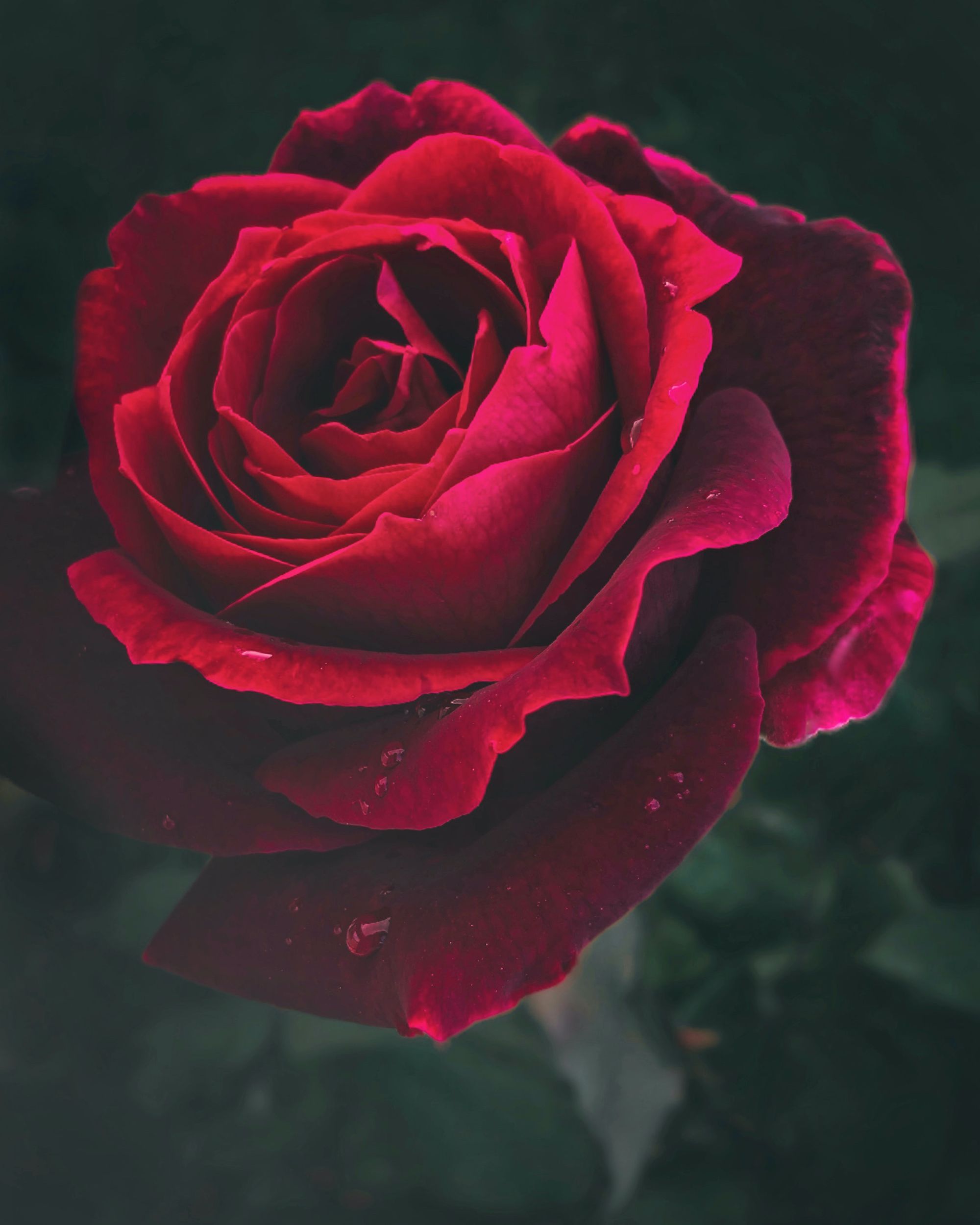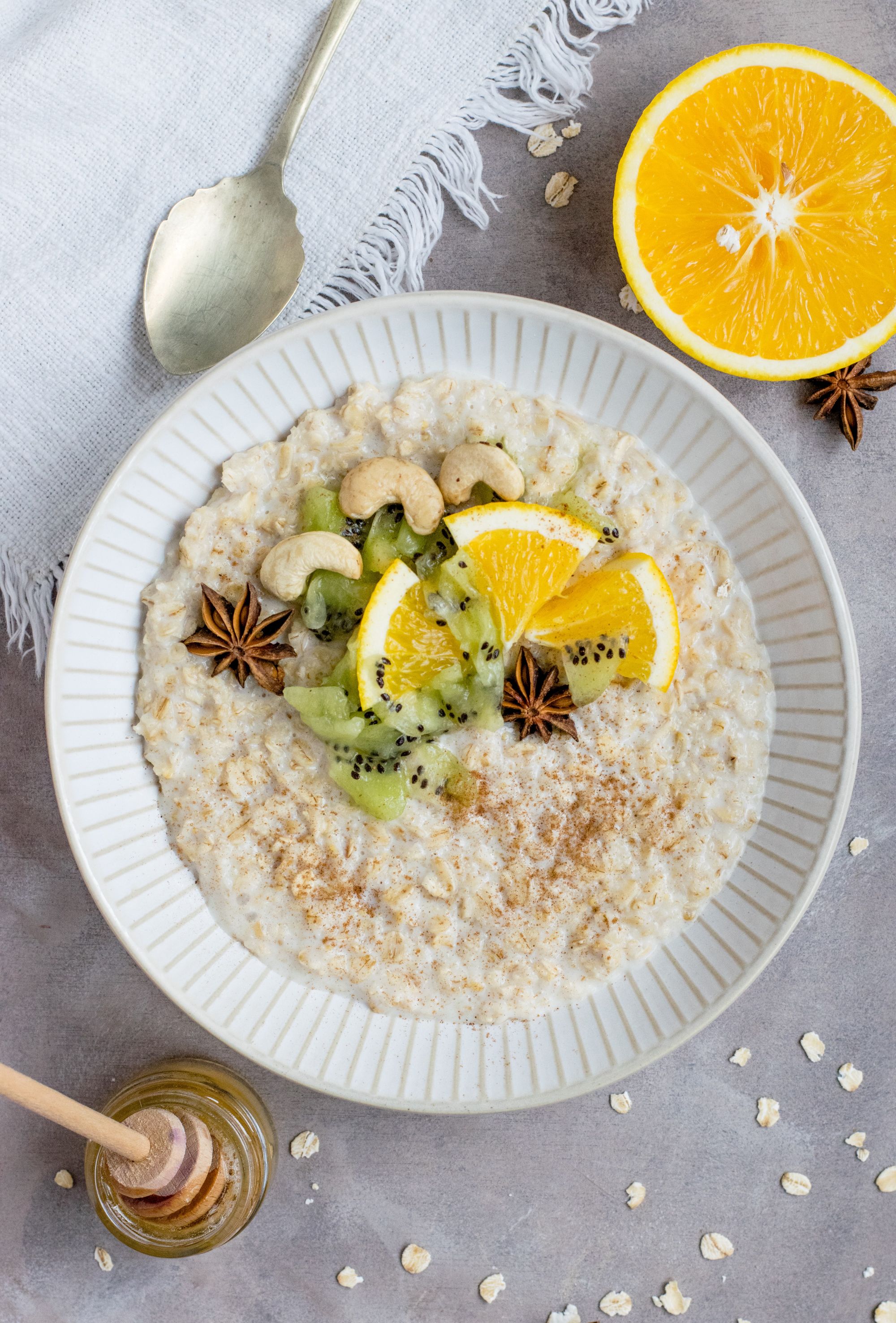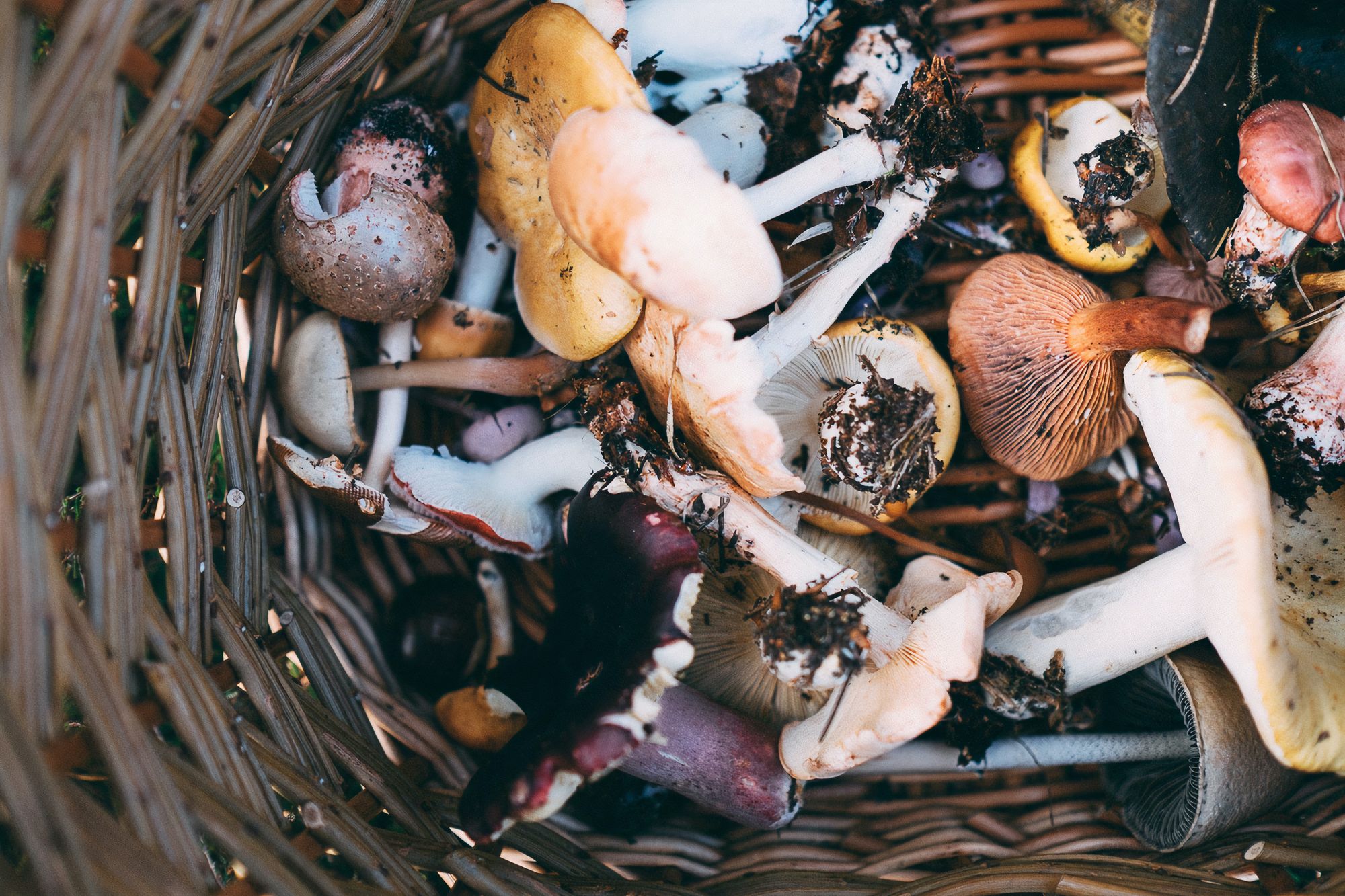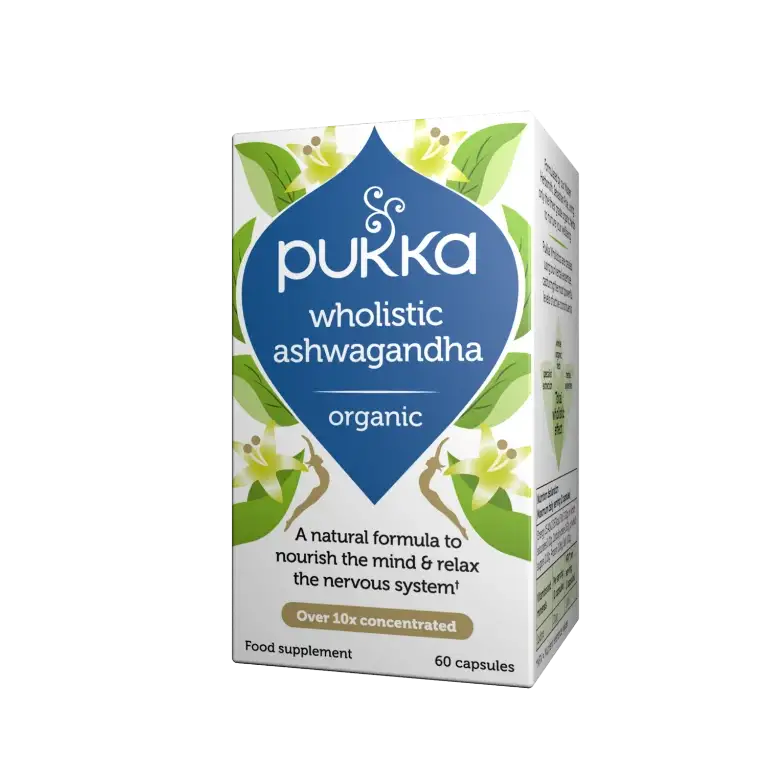
Many of us are living with chronic stress and anxiety as a result of the challenges presented by the pandemic. This week, Glasgow medical herbalist Klayr Hunter examines gentle and effective ways to nurture and calm the mind from medicinal mushrooms to clever adaptogens such as Ashwagandha and Rhodiola and the lovely Rosa Damascena to heal a broken heart following bereavement. I for one will be surrounding myself with hot pink roses and inhaling their delicate, heart-warming scent as I come to terms with the death of my own mother from cancer and dementia at the end of August. Editor-in-Chief, Alison Jane.

The Times They Are a Changing
The last twelve months have been an unprecedented time to live through. From the difficulties of coping with isolation to the impact on relationships and work, this pandemic has tested everyone in unique and different ways. A common issue has been coping with heightened stress as we try to traverse the pandemic amidst changing guidelines and the worry over what will happen next.
For many, the pandemic has been even more devastating. Loved ones have been lost, dying in hospitals without their family, and we haven’t even been allowed to attend the funerals or even hold one another in grief. The impact this has had and is having on people’s mental health and wellbeing is huge and will be felt for many years to come.

As people are becoming more educated about their mental health and the side-effects of medications many look towards alternatives they can take to alleviate anxiety and cope with grief. Herbal medicines may offer profound support in nourishing and supporting people through these stressful times. They have been used for thousands of years to improve wellbeing and research shows many herbs to be safe and effective. Care must be taken when combing herbs with some medications so please contact your local herbalist if you have any hesitations.
Short term stress can have a positive effect on the body by motivating us to act and get things done. It stimulates a complex interplay of chemical messengers which initiates the body’s ability to rapidly respond to a perceived threat or danger. This is known as the fight or flight response and is an evolutionary survival mechanism. However, when stress becomes prolonged it starts to have a detrimental effect on the body and can lead to physical and psychological issues.

How to Restore the Nervous System
The first port of call I often recommend for those under prolonged stress is the nervous system restoratives, such as Oats, St John’s Wort and Skullcap. When the nervous system is under long-term stress, it starts to become frayed like a rope under strain. Restoratives help build resilience and help one's ability to withstand continuing pressures. Oats are rich in B-vitamins and eating porridge every morning nourishes the nervous system and balances blood sugar levels.

St John’s Wort has been shown to be as effective as some anti-depressants in mild to moderate depression. This herb has a lot of interactions and should not be taken with some medications so please check before starting it. Skullcap reduces anxiety and ruminating thoughts which can be useful when worries prevent a good night’s sleep.
Another way to build reserves is to take adrenal tonics. During prolonged stress, the sustained production of adrenaline and cortisol from the adrenals tend to dampen the immune system. This can lead to people feeling run down and having an increased susceptibility to infections. Adrenal tonics such as Ashwagandha and Rhodiola help improve energy levels, build stamina and support immune function.

Ashwagandha is native to India and the root reduces anxiety and supports healthy sleeping patterns. Rhodiola can grow in the UK although it is more common in the arctic regions of the northern hemisphere. It improves cognitive function and may be of particular benefit for cases of long covid due to its anti-fatigue and cardiovascular effects. Eating mushrooms should also be considered to improve the body’s resilience. Medicinal mushrooms such as Shitake and Maitake are widely available in larger supermarkets but any kind of mushroom is beneficial.

When stress becomes prolonged and excessive it can tip over into anxiety affecting a persons ability to cope and function optimally. Anxiety can be felt mentally or physically, provoking symptoms such as a tight chest, shallow breathing or an upset stomach. If the digestive system is affected, drinking strong infusions of carminative herbs such as Chamomile or Lemon balm could be beneficial. Sedating herbs such as Passionflower, Californian Poppy and Valerian may help take the edge of anxiety and reduce the physical feelings of anxiety, although caution is advised if the mood is low or taking tranquillisers. Sedating herbs may also play a supportive role in facilitating a more restful sleep.
Herbs to Support Grief
Grief can occur for many different reasons but it is almost universally experienced with a sense of loss and profound sadness. Feelings of emptiness, despair, yearning or deep loneliness are common. Herbal medicines cannot take grief away but they may help bring comfort when dealing with these complex and difficult emotions. Grief tends to close the heart down, a protective mechanism to prevent pain and hurt from being experienced, but this can be detrimental in allowing the grieving process to unfold. Herbs can be used in this case as a supportive measure without being too pushy or masking feelings.

Roses are a symbol of love and these flowers are often given in the aftermath of death when it is difficult to express and articulate feelings. A tea or syrup of Rosa Damascena petals can be taken daily to bring ease around dealing with these painful emotions. I often recommend it for loss and heartache when the pain becomes overwhelming and people are unable to move on. It helps soften the heart while bringing compassion and kindness. Hawthorn is another plant from the rose family and is traditionally considered a heart protector. It allows people to navigate their grief while gently healing a broken heart. A Hawthorn berry vinegar can be made by filling a jar with fresh berries and covering it with apple cider vinegar. Shake the jar daily for two weeks, strain and retain the liquid. It should be bottled, labelled and kept in a cool dark place. One teaspoon can be taken in a little water up to three times a day.

by Klayr Hunter, MNIMH
www.herbalmedicineglasgow.co.uk






